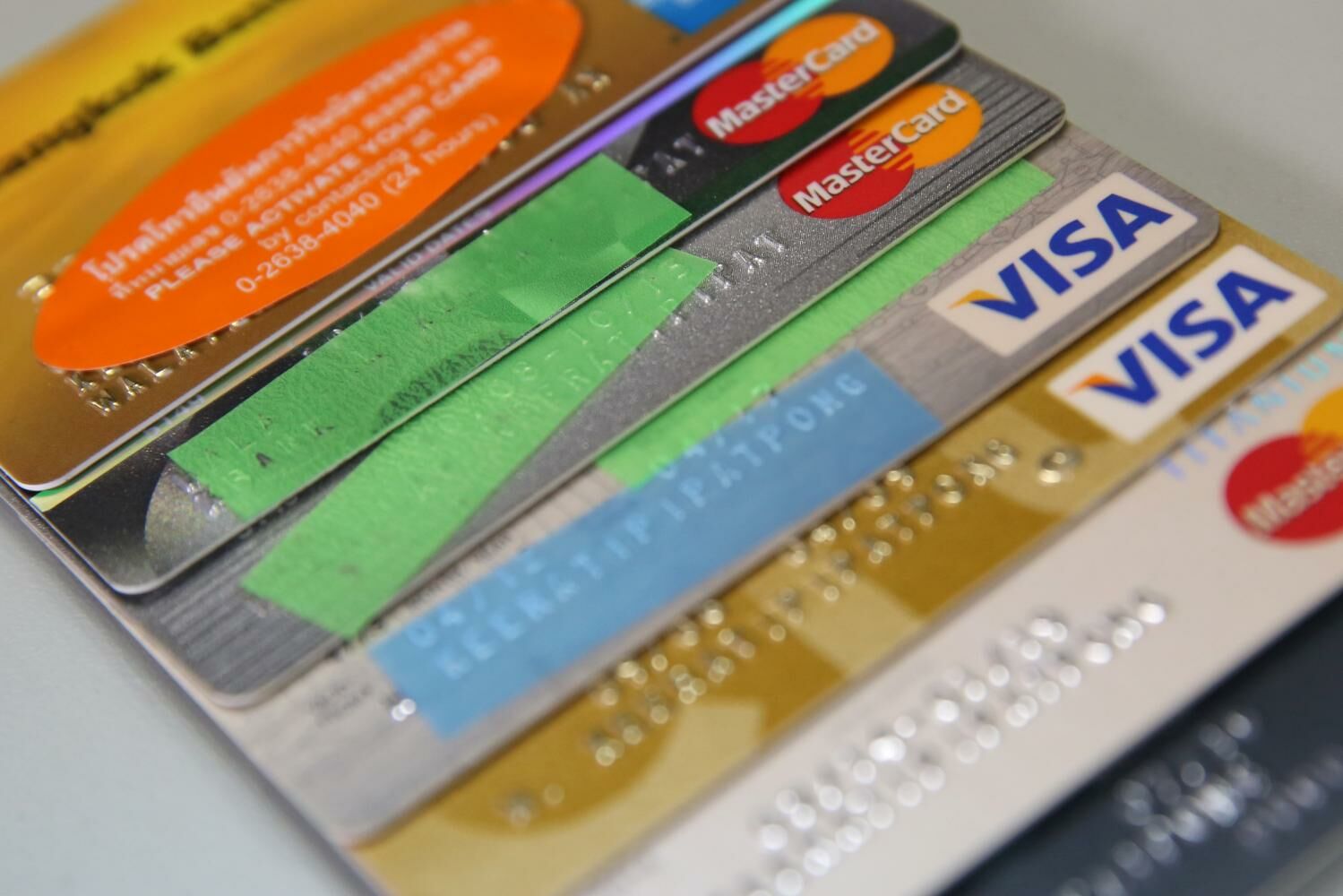Thailand’s central bank halts proposed 1% fee on credit cardholders

The Bank of Thailand has stalled the proposed introduction of an additional 1% fee on local credit cardholders, necessitating card issuers to consider other alternatives. This decision was taken after several credit card issuers declared that they would be waiving the 1% fee for payments made in baht to overseas registered merchants and online shopping platforms.
Earlier in March, these issuers had announced their intention to impose a 1% fee on Thai credit cardholders for foreign currency conversion on payments made at overseas merchants with Visa and Mastercard. Known as dynamic currency conversion (DCC), this fee was expected to take effect on May 1. This fee would also be applicable to the withdrawal of baht banknotes from ATMs overseas.
However, the announcement was met with considerable dissatisfaction from local credit cardholders, which led the Bank of Thailand to encourage all parties to create a better understanding and ensure fair and reasonable banking fees.
The decision to impose the fee was a result of the significant costs credit card issuers had to bear due to the increase in overseas payments and online payments on foreign platforms by local cardholders. At present, local credit card providers impose a foreign currency conversion fee of up to 2.5% of total spending on Thai-issued Visa and Mastercard for overseas spending and on foreign-registered online platforms.
Given the central bank’s directive, an anonymous banking industry source has revealed that credit card issuers are likely to indefinitely waive this fee. The regulator is urging credit card providers to understand the grievances of cardholders about the fee and encouraging them to look for alternative payment methods that would be beneficial to cardholders.
Kulthirath Pakawachkrilers, president of the Thai E-commerce Association, had earlier voiced concerns about the impact of DCC on consumers using Visa and Mastercard for high-purchase spending. She suggested that consumers might prefer other payment options, such as e-wallets.
Kulthirath also mentioned that several platforms, including Spotify, VIU, Agoda, Booking.com, Expedia, Klook, Airbnb, Trip.com, Facebook, Google, TikTok, Paypal, Alipay, eBay, Amazon, Alibaba, and Taobao, are likely to be affected by the DCC. However, platforms such as Shopee (Thailand), Lazada (Thailand), and Grab Taxi (Thailand) should remain unaffected, reported Bangkok Post.
According to a Bank of Thailand report on e-payments last year, their value reached 28.8 trillion baht (US$ 783 billion), marking a 10.4% increase from 2022. Card payments accounted for 5.9 trillion baht (US$ 160 billion), up by 8.2% from 2022.
Latest Thailand News
Follow The Thaiger on Google News:


























